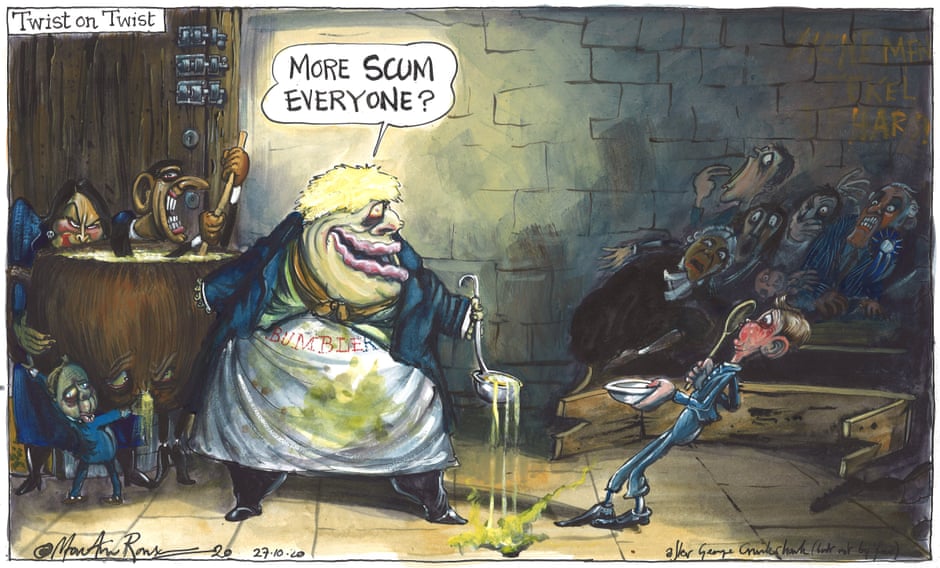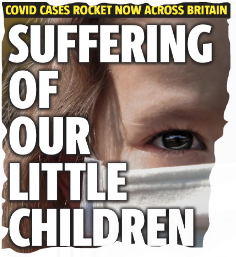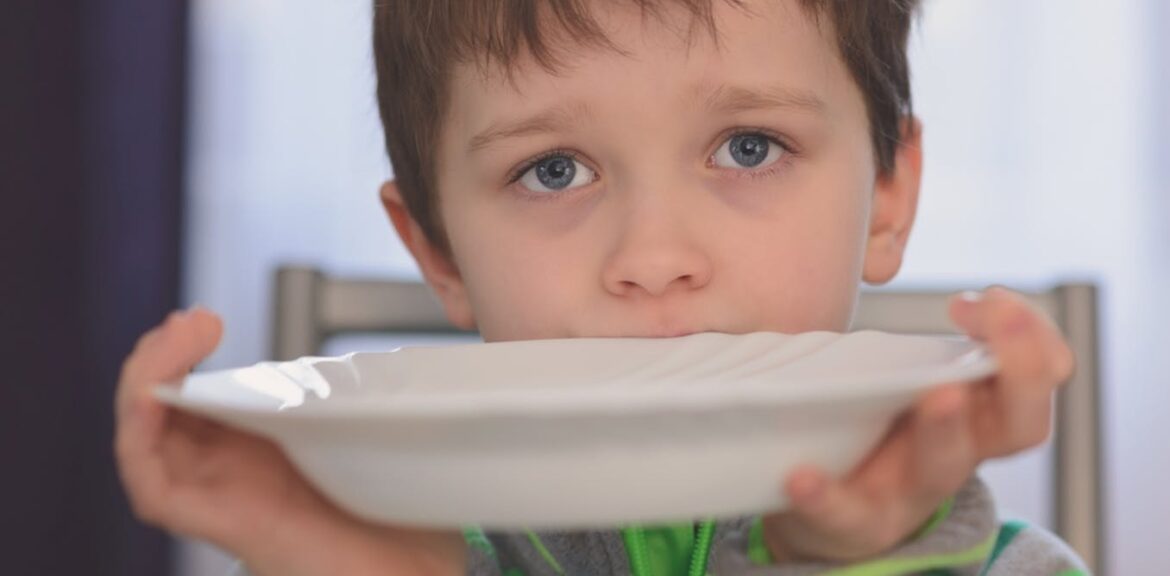Our Prime Minister says he will not allow any child to go hungry because of the pandemic – but charity working with families in extreme poverty know that is not true.

Since lockdown, The Unity Project have seen how the Home Office is deliberately penalising migrant families who need state support to keep themselves and their children fed and housed during this national crisis.
State benefits have been a lifeline for many families during the pandemic – but the parents we work with are being discouraged from seeking welfare support, and punished by the Home Office when they do.
Migrant parents who access welfare benefits now will face double the Home Office fees in future (paying 10 years, rather than five); and have to wait an additional five years before they can become recognised as citizens of this country.
As a result, families who are already struggling will have to pay thousands of pounds in additional Home Office fees, and many more children will grow up in poverty.

That’s why The Unity Project is raising money to bring an urgent legal challenge against the Home Office to stop this damaging and discriminatory policy.
Our lawyers are Deighton Pierce Glynn, one of the leading human rights firms in the country, who have a strong record of holding the government to account so that people are treated fairly.
What is the case about?
‘No recourse to public funds’ (NRPF)?
Since 2012, anyone granted ‘limited leave to remain’ by the Home Office has been blocked from accessing the welfare safety net, by having a ‘no recourse to public funds’ (NRPF) condition put on their immigration status. They can only claim essential support, like child or disability benefit, by showing serious financial hardship and making an application to the Home Office for their NRPF condition to be lifted.
Over 1.4 million people in the UK are subject to NRPF; most of them are black or from minority ethnic backgrounds; many have British-born children. Since the pandemic, the number of people applying to the Home Office to remove the NRPF condition because they can no longer support themselves has increased six-fold.
What is the problem?
The NRPF policy is widely recognised as cruel and inhumane; politicians from all parties have called for it to be scrapped in the longer term, and immediately suspended during the pandemic. Schools and charities, including The Unity Project, see its devastating impact daily – where parents doing low wage jobs or whose work has dried up because of covid, cannot make ends meet, however hard they try. We know that children are going hungry and living in unsuitable, unsafe housing, as a result.
What is the government doing about this?
The government has ignored these calls. Instead, it is exacting a high price from some families who need support because of the pandemic: where applicants were previously on a five-year route to ‘settlement’ – being recognised as living permanently in the UK – the Home Office has doubled the amount of time they will have to wait, to 10 years, if they successfully apply to remove the NRPF condition having proven their poverty.
Rachel is a mum of two young children, who struggled to find childcare because of the pandemic, so couldn’t carry on working. She ended up owing rent, and her family was threatened with eviction. She turned to The Unity Project for help making a ‘change of conditions’ application to remove the NRPF condition, which was granted. However, it came with strings attached: she was switched from a five-year route to settlement, to the 10-year route. As a result, Rachel’s future in the country she and her British-born children call home is less secure – and she faces paying five more years of Home Office fees.
Applications for leave to remain have to be made every 30 months, so in the additional five years imposed on Rachel, she will have to apply twice, at a cost of at least £2,593 each time. Thousands of pounds of her earnings which could have supported her young family will go into Home Office coffers instead. For someone doing a minimum wage job, earning £8.72p/h, those sums are completely unaffordable.
There are many others like Rachel, which is why our legal challenge is so vital.
Who is bringing the challenge?
Our lawyers, Deighton Pierce Glynn, have won a number of important High Court cases about the NRPF policy over the last decade. The Unity Project is a tiny charity with no full-time staff but a strong community of people who are affected by the policy, who have been working to end it since 2017. We worked together to win a court case against this policy last year, which led to important changes, but there is still more to do.
Why do we need your support?
We believe the government’s policy is unlawful and that our legal challenge has a strong chance of success. However, we need to raise money to pay court fees and protect TUP from any adverse legal costs arising out of the judicial review process.
Where will my money go?
All funds raised will go towards paying court fees and protecting TUP from having to pay the Home Office’s legal costs in the event that our challenge is unsuccessful. DPG and our barristers are working on this challenge free of charge.
Subscribe
Click here for a secure way to sign up, you will be supporting independent news. Click the button below.
Your Opinions
Disagree with this article? why not write in and you can have your say? email us




